Consumers are beginning to see the necessity of switching from traditional energy sources to renewable ones as our awareness of the damage we're doing to the planet grows. The term "green energy," which is often used interchangeably with "renewable energy," is confusing to some and a solution to increased sustainability in our power system to others.
In order to produce green energy, renewable energy sources are commonly used, such as solar power, wind power, geothermal power, biomass power, and hydroelectric power. Solar panels, for example, collect energy directly from the sun, while wind turbines and hydroelectric dams harness the motion of wind and water, respectively, to produce electricity.
What is Green Energy?
All forms of energy that are produced from renewable resources like the sun, wind, and water are considered green. The primary benefit of these energy sources is that they do not contribute to environmental degradation by, for example, increasing atmospheric concentrations of glasshouse gases.
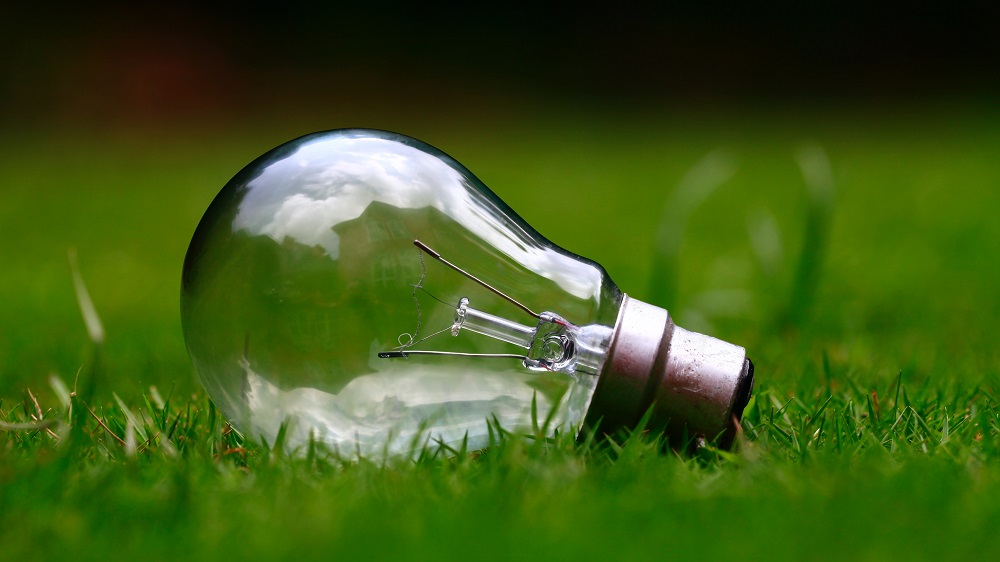
Some forms of energy are better than others. Further, as regular energy users, we should all be aware of the source of our energy and the impact it has on the planet. Today, not only can we learn about the origins of our energy, but in many circumstances, we can actively select them.
The meaning of "green energy"
"Green" energy refers to power generated using non-conventional, environmentally friendly methods. Clean, sustainable, and renewable all describe types of green energy. The production of green energy has negligible or no effect on the environment because it does not result in the emission of harmful glasshouse gases.
Why is it called green energy?
Green power is so-called because it is generated from the Earth's own natural resources. Renewable energy is often associated with the colour green, which is associated with health, nature, and sustainability.
Future of Green Energy
The future of green energy is likely to be driven by a number of factors, including advances in technology, changes in policy, and shifts in public attitudes towards energy sources.
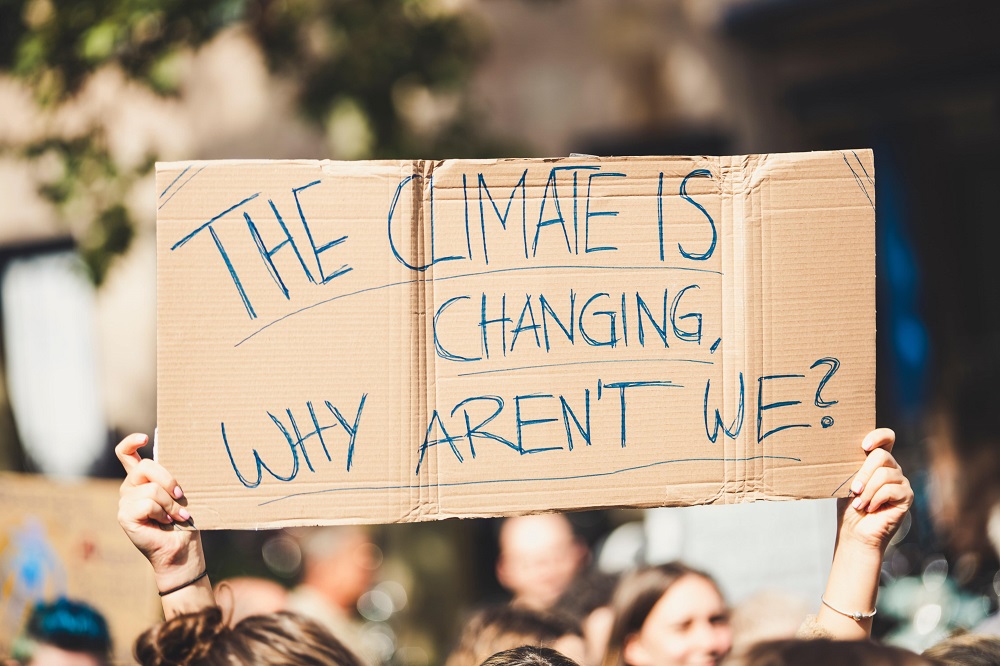
One of the most interesting trends in green energy is the increasing adoption of renewables like solar and wind power. These sources are becoming increasingly relevant because of their efficiency and low cost, thanks to technological advancements.
Another area of growth is energy storage. Green energy is expected to grow in the coming years through the development of new batteries and other energy storage technologies that allow for the efficient storage and distribution of energy generated from renewable sources.
There is also likely to be an increased focus on energy efficiency and conservation as a means of reducing overall energy consumption and decreasing the need for new power generation capacity. It is also projected that governments will play a significant role in accelerating the shift to green energy by enacting policies and laws that encourage the use of renewable energy and prohibit the use of fossil fuels.
The trend of green energy as a way to fight global warming and emissions reduction also is a factor that will drive the sector of green energy. Developing countries have an opportunity to bypass traditional, fossil fuel-based infrastructure development and instead invest in renewable energy systems, with the potential to leapfrog industrialized nations in creating sustainable and low-carbon economies.

What is the future of green energy in the UK?
Increasing the use of green energy and reducing greenhouse gas emissions have been set as ambitious targets for the United Kingdom. The UK government has set a target to reduce emissions by at least 68% by 2030, compared to 1990 levels, and to achieve net-zero emissions by 2050.
One area where the UK has made significant progress is in the growth of wind power. The UK has a large offshore wind power capacity, and this is expected to continue to grow in the future. The government has set a target to generate 40 GW of offshore wind power by 2030, which would be enough to power every home in the country. The UK is already leading the world in offshore wind power.
Another promising area of green energy in the UK is the growth of solar power. There are abundant solar energy resources in the UK, and solar power is becoming more cost-effective as technology improves. The government is supporting the growth of solar power through a number of initiatives, such as the "Feed-in Tariff" scheme, which encourages households and businesses to generate their own electricity by providing financial incentives for those who install solar panels.
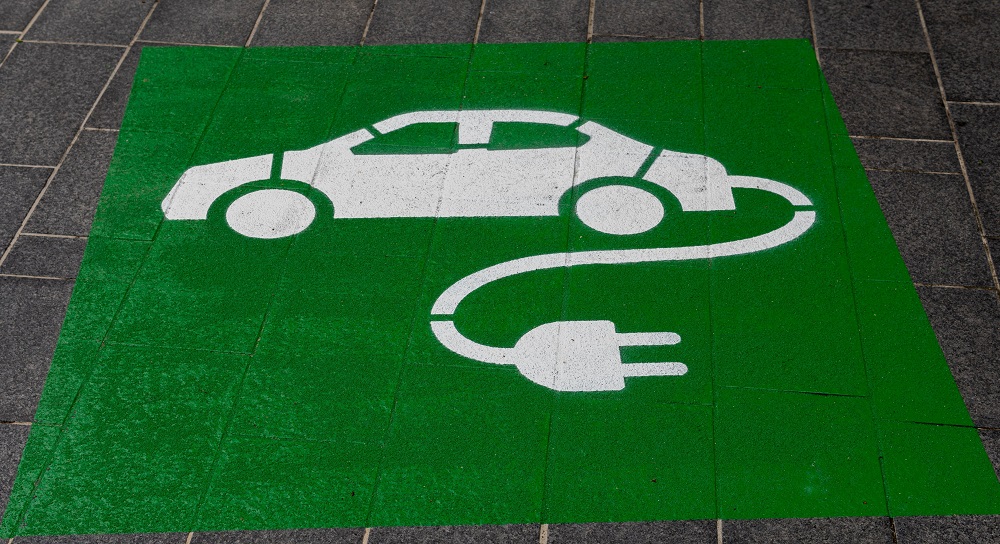
In addition to the growth of renewable energy sources, energy efficiency and conservation are also seen as important areas in the UK. Government policies on building regulations and energy standards for products and in business. The UK is also investing in smart grid infrastructure and digital technologies to improve the efficient management of energy supply and demand. The UK also is investing in advanced nuclear technologies, aiming to have advanced nuclear play a role in the future low carbon energy mix. With a goal of becoming carbon neutral by 2050, the government of the United Kingdom has specified that all of the country's electricity must be generated by zero-carbon sources by 2035.
In summary, the future of green energy in the UK looks promising, with significant potential for growth in areas such as wind and solar power, as well as increased focus on energy efficiency and conservation. The UK government is supporting this transition with a range of policies and initiatives, and the private sector is also investing in the development of renewable energy projects.
Importance of Green Energy
In addition to reducing our reliance on fossil fuels, green energy increases our access to cleaner energy sources. Green energy is energy that is not only environmentally friendly because it is derived from natural resources but also because it is typically renewable, clean, and abundant.
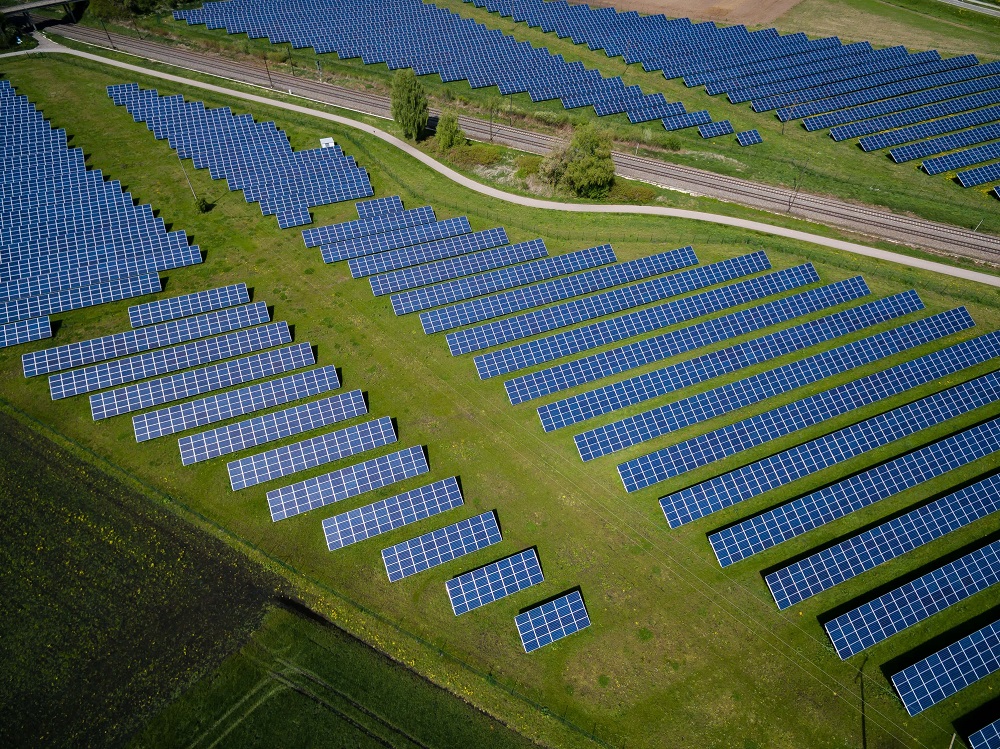
When considering the entire life cycle, renewable energy sources still produce far less carbon dioxide and other glasshouse gasses and fewer or fewer air pollutants than fossil fuels. As a bonus, this is also healthier for the respiratory health of humans and other animals.
Since green energy is generally produced locally, it is less susceptible to price spikes and supply chain interruptions, which can have a significant impact on the cost of conventional energy. Employment opportunities are created as a result of the construction of facilities that benefit the neighbourhoods where the workers live.
Energy infrastructure is more adaptable and less reliant on centralized sources that might cause disruptions and are less responsive to weather-related climate change when energy is produced locally through sources like solar and wind power.
Many regions of the world can meet their energy needs at a low cost because of the widespread adoption of green energy. Especially in poor countries, green energy will become more accessible as prices decrease.
In what ways can it benefit the planet?
The power generated by green energy sources like the sun, wind, and water has substantial environmental benefits. These renewable resources are the antithesis of the carbon-emitting, nonrenewable fossil fuels that have driven civilization for the past century.
Creating electricity with no emissions is a giant leap towards a greener tomorrow. If we can harness it to provide for our energy, manufacturing, and transportation needs, we can significantly lessen our negative effects on the planet.
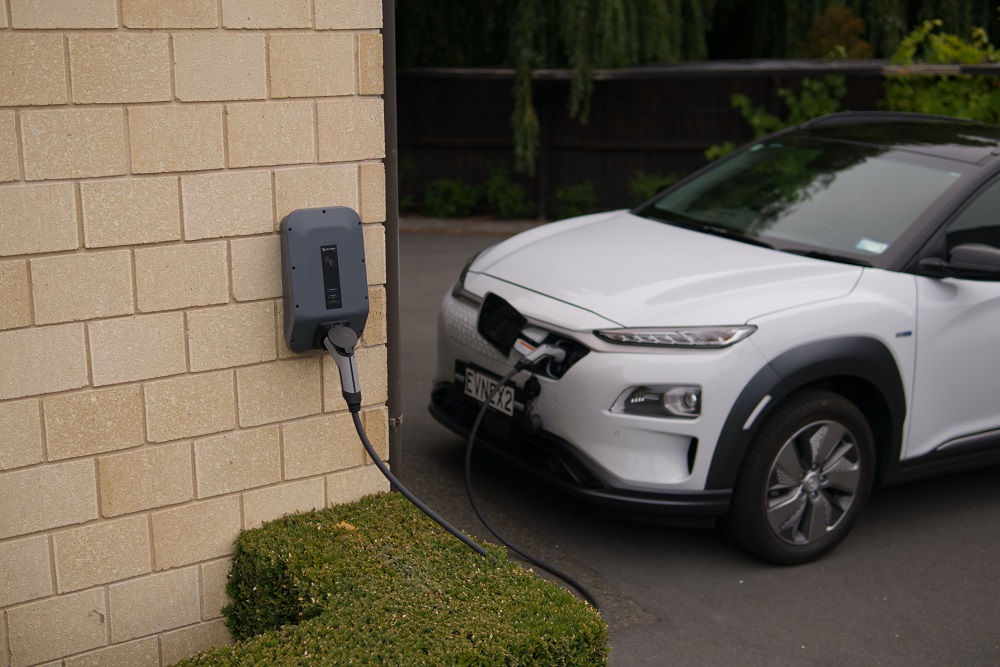
Green energy has a number of benefits for the planet, including:
Reducing greenhouse gas emissions: Green energy sources, such as solar and wind power, do not produce harmful pollutants or greenhouse gasses, which are the main cause of climate change. By reducing greenhouse gas emissions, green energy can help to mitigate the effects of climate change, such as sea level rise, more frequent heat waves, and more severe weather events.
Improving air and water quality: The burning of fossil fuels, such as coal and oil, can produce pollutants that can harm air and water quality. Green energy sources do not produce these pollutants and can help to improve the quality of air and water in communities where they are used.
Creating jobs and economic growth: The growth of green energy can create jobs and promote economic growth by providing employment opportunities in fields such as construction, engineering, and maintenance. It also creates opportunities for entrepreneurs, small and medium businesses, as well as large companies to invest in the sector.
Increasing energy security: Green energy sources are distributed, meaning that they can be generated close to where they are consumed, so they can reduce dependence on imported fossil fuels and increase energy security.
Supporting sustainable development: Green energy can support sustainable development by providing access to energy for those who currently lack it, particularly in developing countries. This can help to improve living standards and promote economic growth.
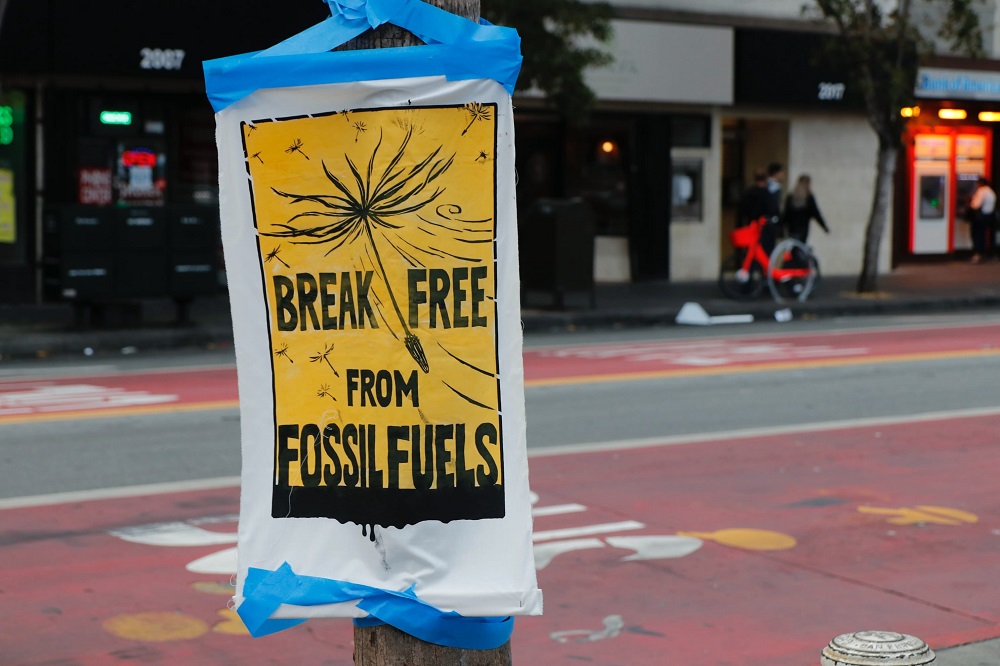
Biodiversity and Wildlife protection: Green energy projects, especially large-scale ones such as wind and solar power facilities, often have a lower environmental impact compared to traditional energy projects such as coal mines, oil rigs or hydroelectric dams that can cause significant damage to habitat and biodiversity.
It's important to note that it's necessary to plan and locate green energy projects properly to make sure they have the least impact possible and have the best benefits for the communities and the environment.
Read Also - How Businesses Can Improve Their Sustainability Performance With ESG.
Conclusion
There is a good chance that green energy will play a significant role in the future of the planet because it is a more environmentally friendly alternative to conventional energy. These renewable energy sources are beneficial for the environment, are generating new jobs, and appear to be economically viable in the near future.
Since they are not a long-term answer to our energy problems, fossil fuels ought to go the way of the dinosaurs. The future of our energy provision may be made completely sustainable without negatively impacting the globe we all share by developing a wide range of green energy alternatives.
In the last few years, a lot of new companies have entered the energy space and started offering renewable energy options. But it will take time before the market adapts to this new trend. In fact, in some major cities like New York and Los Angeles, people are turning their backs on traditional power providers for better solutions such as solar power.

The biggest obstacle in getting more people to switch over to green energy is doubt about its sustainability. Until then, we can expect traditional companies to keep dominating this sector that is now relying on efficiency and simple plans rather than expensive ones.
Building a Greener and Sustainable Future
Before 2023, accountability was seen as pleasant, but that's starting to change. The epidemic refocused attention on sustainability and clean energy. Sustainability, which was previously an overarching issue, is now a key focus for every company. This presents a unique chance for businesses to evaluate their current state and consider how they could reduce their carbon footprint in the near and far future.
There is an increasing effort by companies of all kinds to combat the effects of climate change. They no longer include it in the brand's mission statement, but it has become a unifying notion that drives them to carry out essential tasks.
Companies are developing brand-new, long-term plans. They are stepping up their efforts to lessen their environmental impact by using cutting-edge machinery. This allows them to protect their workers' interests while maintaining open communication. By 2023, brands that need to put sustainability first will have already lost the race.
With a presence in New York, San Francisco, Austin, Seattle, Toronto, London, Zurich, Pune, Bengaluru, and Hyderabad, SG Analytics, a pioneer in Research and Analytics, offers tailor-made services to enterprises worldwide.
SG Analytics is an industry leader in ESG services, providing custom sustainability advice and research to aid in deliberation. If you are looking for an effective ESG integration and management solution provider to improve your company's long-term viability, get in touch with us today.









